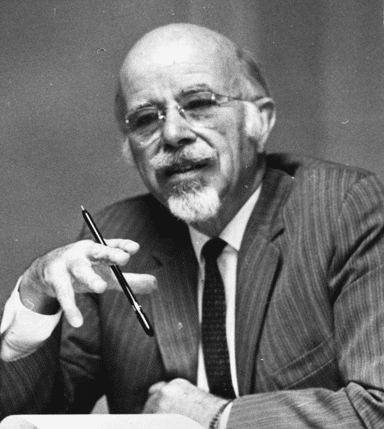Related Articles
Who Needs to Hear?
Both theologically and pragmatically, at least five priorities or questions should be kept in mind when choosing new target areas.
Celebrating Donald A. McGavran: A Life and Legacy
McGavran was a prolific writer of letters, articles, and books, as well as a world traveler. No one, to my knowledge, has visited as many mission fields, conducted as many interviews, or researched the growth and decline of Christian churches as widely as McGavran. He influenced mission theory and practice internationally and the movement he started continues to move forward, empowered by appreciative followers.
Welcoming the Stranger
Presenter: Matthew Soerens, US Director of Church Mobilization, World Relief Description: Refugee and immigration issues have dominated headlines globally recently. While many American Christians view these…
Mapping Church Missions: A Compass for Ministry Strategy
Description: The terrain of church missions is often bewildering. Should we prioritize evangelism or works of service?
From Unhealthy Dependency To Local Sustainability
Presented by: Jean A. Johnson, Executive Director of Five Stones Global Description: It takes a great amount of intentionality to create a culture of dignity,…




